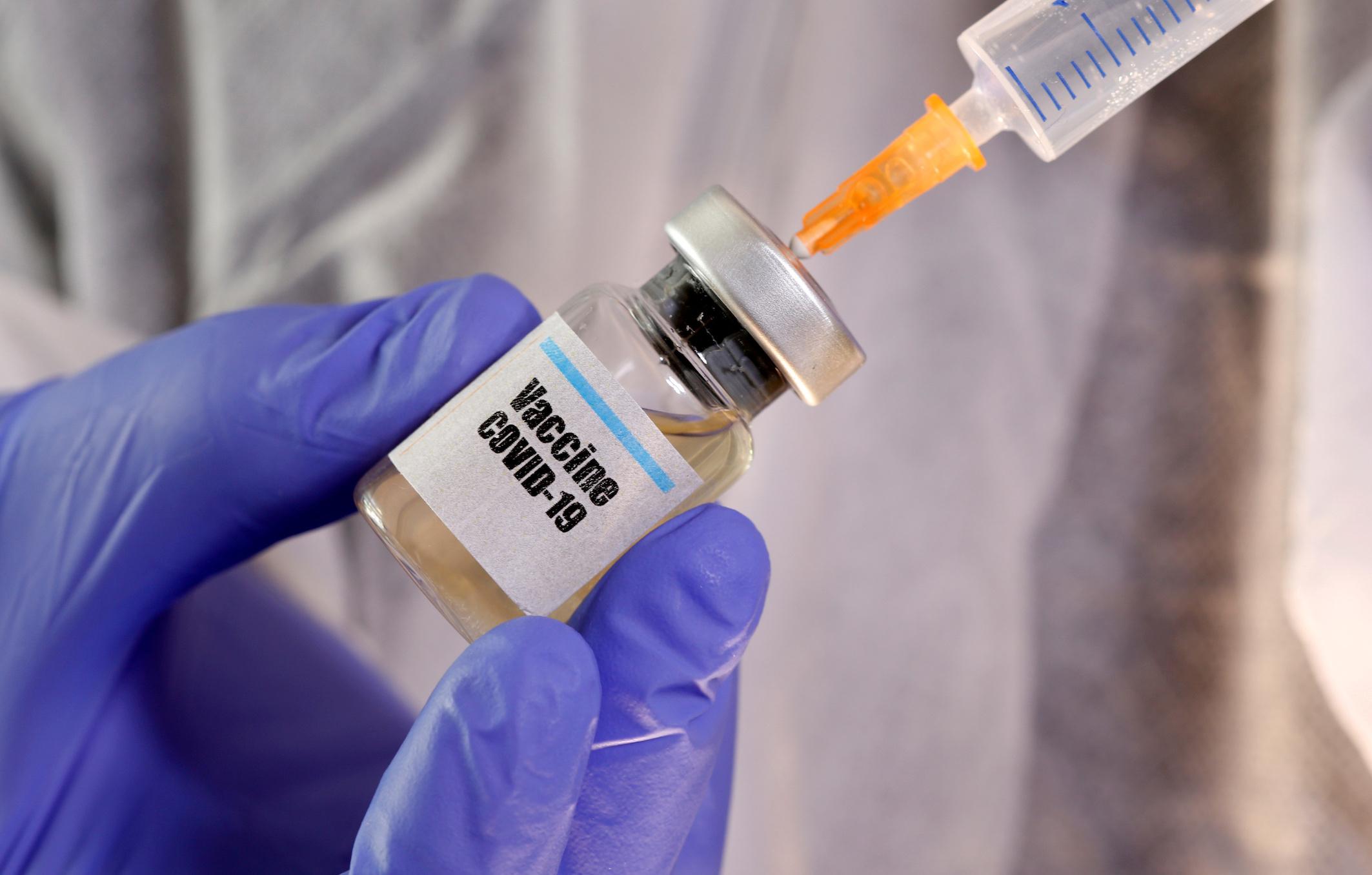Vaccines not linked to menstrual changes; COVID-19, flu shots can go together

The following is a summary of some recent studies on COVID-19. They include research that warrants further study to corroborate the findings and that has yet to be certified by peer review.
No link seen between vaccines and menstrual changes
Many women have reported noticing changes in their menstrual cycle after being vaccinated against COVID-19 but a new study of 1,273 women in the UK found no correlation, according to a report posted on Monday on medRxiv ahead of peer review.
The women in the study kept careful records of their cycles and their vaccination dates.
"We were unable to detect strong signals to support the idea" that COVID-19 vaccines are linked to changes in timing or flow of women's periods, said Victoria Male from Imperial College London.
It is possible that larger studies, or studies in other countries, might find links, she said.
"It is important to note that most people who report such a change following vaccination find that their period returns to normal the following cycle." Other studies have found no evidence that the vaccines affect female fertility, Male added.
Safe to get COVID-19 vaccine, flu shot together
It is safe to administer COVID-19 vaccines and flu vaccines to patients at the same time, and doing so might increase vaccination rates, according to a report published on Thursday in The Lancet.
Researchers randomly assigned 697 adult volunteers to receive their second dose of either the mRNA vaccine from Pfizer/BioNTech or the viral-vector vaccine from AstraZeneca/Oxford, along with one of three influenza vaccines for the 2020-2021 season (FluAd or Flucelvax from Seqirus UK or Flublok from Sanofi) or a placebo.
Most reactions to the shots were mild or moderate, and antibody responses to the vaccines were not adversely affected by getting two shots at once, the study found.
Giving both vaccines at a single appointment "should reduce the burden on health-care services for vaccine delivery, allowing for timely vaccine administration and protection from COVID-19 and influenza for those in need," the research team concluded. -- Reuters




